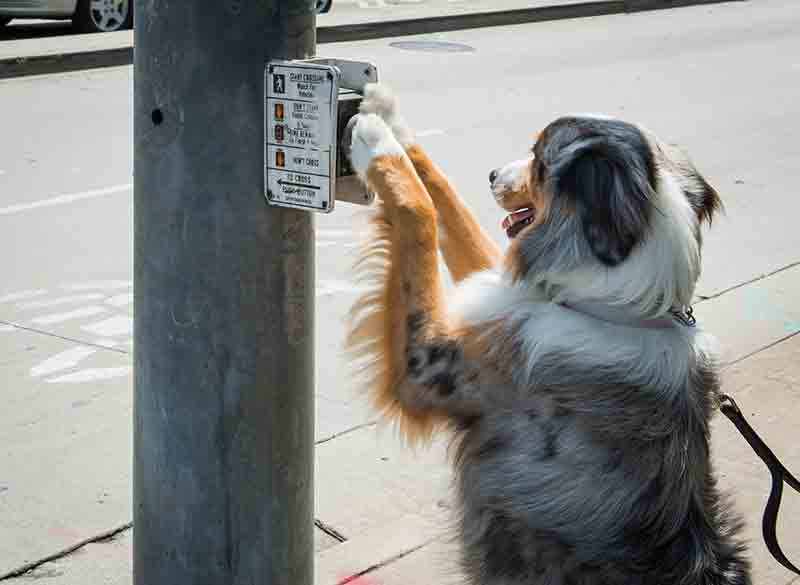A Shout-Out to All (Legitimate) Service Animals!
 Service animals are absolutely, 100%, hands-down amazing. With a calm, cool reserve, they perform tasks for their handlers that range from the mundane (picking up the newspaper) to critical (seeking help during a seizure). Highly-trained, perfectly agreeable, intelligent, and extremely focused, service animals help thousands of people every day around the world.
Service animals are absolutely, 100%, hands-down amazing. With a calm, cool reserve, they perform tasks for their handlers that range from the mundane (picking up the newspaper) to critical (seeking help during a seizure). Highly-trained, perfectly agreeable, intelligent, and extremely focused, service animals help thousands of people every day around the world.
However, despite the estimated 50,000 Americans who rely on service animals, there’s a startling lack of knowledge regarding their significance. Their ease of access to buildings and areas has resulted in the misrepresentation of other domestic pets as service animals. Unfortunately, fake service animals threaten the viability of legitimate ones and place handlers at risk.
The ADA
Service animals are highly trained to perform specific duties for people who are disabled. These animals commonly end up with owners who are visually impaired, those with mobility issues, or people with health risks, like epilepsy or diabetes. The Americans with Disabilities Act (ADA) clearly states that service animals who accompany handlers should never be denied access to any business or public facility.
Therapy and Emotional Support
The importance of therapy animals is indicated by the social companionship and stress relief experienced by people in a clinical setting, such as in a hospital or nursing home. The bond between therapy animals and patients is the result of certain obedience training.
Emotional support animals do not require any special training, and, like therapy animals, do not receive any special treatment under the law. They are, however, known to help treat symptoms of anxiety or depression
Fake Service Animals
While the training for bona fide service animals is undeniably rigorous, there is currently no legal certification process or national registry. That means it’s relatively easy to pass off a normally trained pet as a service animal. People can (and do) order fake vests online so they can go out to eat with their pet or visit places that would otherwise be off-limits.
While fake service animals may definitely provide their owners with emotional support, they lack intense training, increasing the likelihood of accidents and injury. Sadly, these actions threaten the widespread acceptance and understanding of true service animals.
Not so Smart
Public awareness regarding the importance of legitimate service animals is picking up speed. A majority of states are enforcing laws against the misrepresentation of service animals, and these pet owners face financial consequences. Because of their significance to handlers (and to society in general), service animals deserve the best treatment possible.
If you have additional questions or concerns about service animals, check out these resources from the Department of Justice and the ADA National Network. The team at Rocklin Ranch Veterinary Hospital is available to help, as well.

